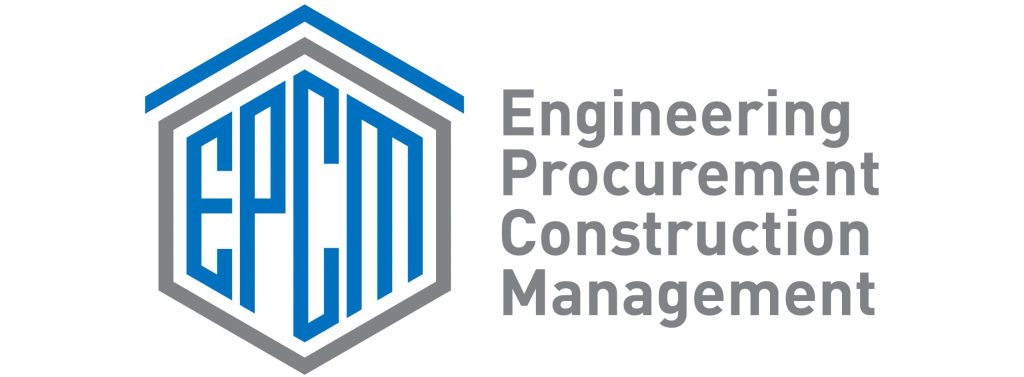Introduction
In the realm of modern construction, the emphasis on sustainability has never been more pronounced. As an industry leader, our EPC (Engineering, Procurement, and Construction) company, headquartered in Calgary, Alberta, Canada, is at the forefront of integrating sustainable materials into our projects. This commitment not only reflects our dedication to environmental stewardship but also aligns with our strategic vision for delivering durable, cost-effective, and environmentally friendly construction solutions.
The Importance of Sustainable Materials in Construction
Sustainable materials are pivotal in the quest for reducing the construction industry’s carbon footprint, minimizing resource depletion, and enhancing the lifecycle efficiency of buildings. As a leading Calgary EPC Services provider, we understand that the incorporation of these materials is not just a trend but a fundamental shift in how we approach project management and construction methodologies.
Sustainable Materials Defined
Sustainable materials in construction are characterized by their reduced environmental impact, enhanced durability, and energy efficiency. These materials include recycled content, renewable resources, and products that contribute to energy conservation and a healthier environment.
Advantages of Sustainable Materials
Environmental Preservation: Utilizing sustainable materials significantly reduces waste, decreases carbon emissions, and conserves natural resources.
Economic Benefits: Long-term savings in energy and maintenance costs, coupled with potential tax incentives, make sustainable materials a smart economic choice.
Health and Safety: Materials with low or no toxic emissions contribute to healthier indoor environments, enhancing occupant well-being.
Challenges and Solutions in Adopting Sustainable Materials
While the benefits are clear, integrating sustainable materials into EPC projects presents challenges, including higher upfront costs and availability. Our approach at EPC project planning consultancy involves comprehensive cost-benefit analysis, strategic sourcing, and leveraging our partnerships with suppliers to overcome these hurdles.
Sustainable Materials in Action: Case Studies
Our projects in sectors such as oil and gas, carbon capture solutions, and civil engineering showcase the successful application of sustainable materials. From utilizing low-carbon concrete in infrastructure projects to integrating solar panels in commercial buildings, we demonstrate our commitment to innovation and sustainability.
The Future of Sustainable Materials in EPC Projects
The future of construction lies in sustainability. With advancements in technology and materials science, the potential for sustainable materials in EPC projects is boundless. As a leading Calgary engineering company, we are dedicated to exploring and integrating these materials into our projects, driving the industry forward.
Conclusion
The integration of sustainable materials into construction projects is more than a trend; it’s a necessity for the future of our planet and the construction industry. As a premier EPC engineering company, we are committed to leading this change, ensuring that our projects not only meet but exceed sustainability standards.
Further Reading
The U.S. Green Building Council (USGBC): A comprehensive resource on sustainable building standards and certifications, including LEED.
The International Living Future Institute: Offers information on the Living Building Challenge, pushing the envelope of sustainable design and construction.
The Environmental Protection Agency (EPA) – Sustainable Materials Management: Provides insights into reducing environmental impacts through better materials management.
For more information on how we incorporate sustainable materials into our projects or to learn about our EPC services, visit our Services page.

